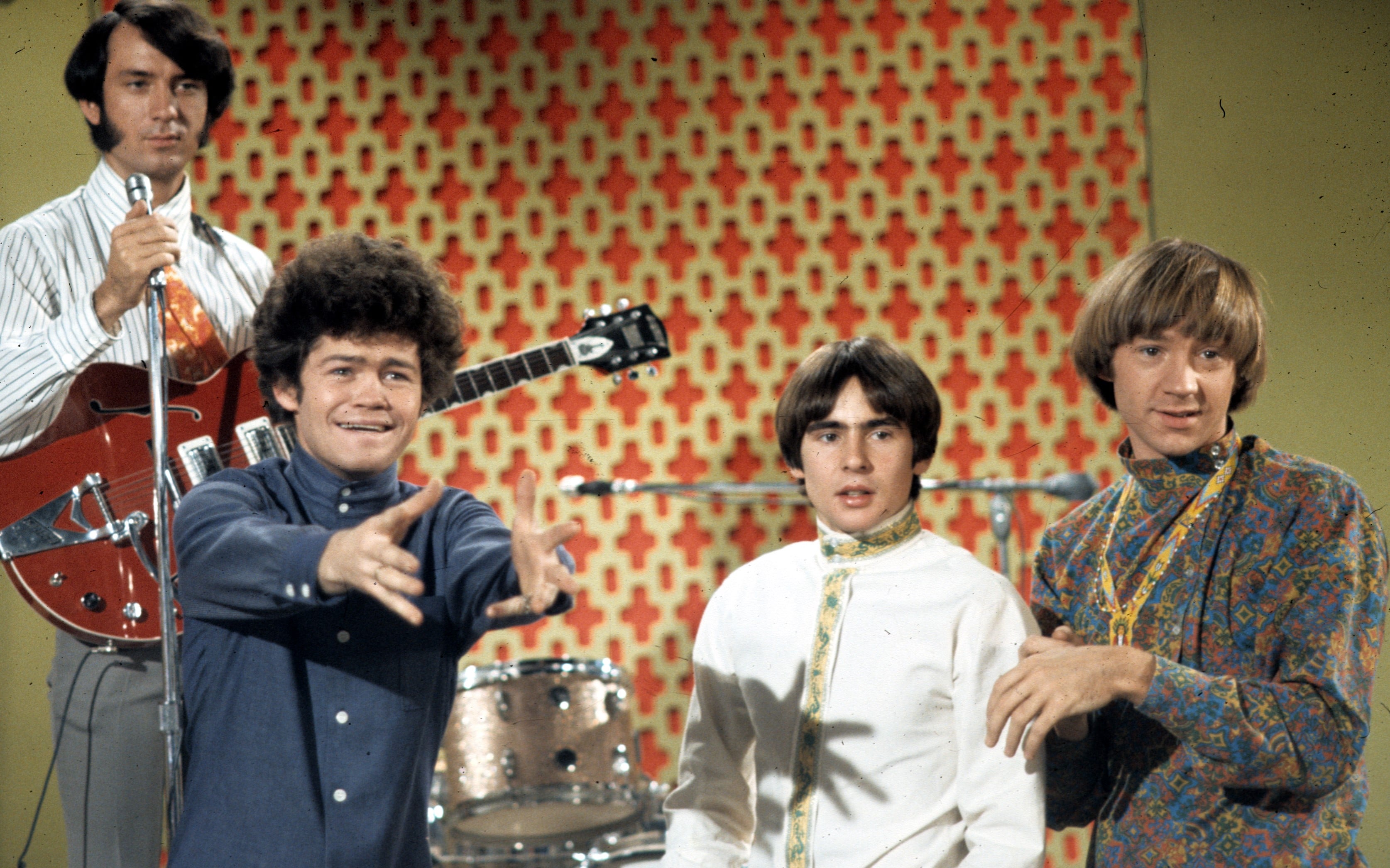
About the Song
The Monkees’ “Words”: A Powerful Clash of Emotion and Harmony Beneath the Pop Surface
Released in 1967 as the B-side to the smash hit “Pleasant Valley Sunday,” “Words” is one of the most emotionally gripping and musically sophisticated tracks in The Monkees’ catalog. Written by the renowned songwriting duo Tommy Boyce and Bobby Hart, the same team behind many of the band’s early hits, “Words” goes far beyond the bubblegum pop label often unfairly attached to the group. It’s brooding, sharp, and filled with a kind of raw vulnerability that set it apart from much of the era’s chart fare.
At its core, “Words” is about the emotional weight that language carries—and how easily it can be misused. The haunting refrain, “Words that never were true / Spoken to help nobody but you,” speaks to the pain of being manipulated or misunderstood. It’s a breakup song, but not a sentimental one. Instead, it’s clear-eyed and confrontational, channeling feelings of disillusionment with striking clarity.
What makes “Words” so compelling musically is its dual lead vocal, a feature that was somewhat unusual for pop singles at the time. Micky Dolenz and Peter Tork share the spotlight, trading verses and harmonizing with a tension that enhances the song’s message. Micky’s voice is strong and expressive, while Peter brings a more subdued, introspective tone. Together, they create a layered emotional dialogue that perfectly fits the song’s theme of miscommunication and mistrust.
The arrangement is equally dynamic. Starting with a quiet, almost eerie calm, the song builds into a storm of rhythm guitar, haunting organ, and urgent drumming. This shifting intensity mirrors the lyrical arc—from restrained disappointment to a final, forceful decision to walk away. It’s a masterclass in how pop music can carry deep emotional weight without sacrificing melody or accessibility.
Though “Words” originally played second fiddle to “Pleasant Valley Sunday,” it quickly became a fan favorite and climbed the charts in its own right, eventually reaching No. 11 on the Billboard Hot 100. For many listeners, it was a revelation: The Monkees weren’t just charming performers—they were capable of delivering songs with real emotional complexity.
In retrospect, “Words” serves as a bridge between the band’s early TV-driven success and their later, more experimental work. It hinted at a darker, more introspective side of The Monkees and marked Peter Tork’s emergence as a significant vocal and instrumental contributor to the group. It was also a shining example of how collaboration—between songwriters, producers, and band members—could elevate a simple idea into something deeply resonant.
More than five decades later, “Words” still cuts deep. It’s a reminder that even in the golden glow of 1960s pop, not everything was innocent. Sometimes, a song could hurt—and still sound beautiful.